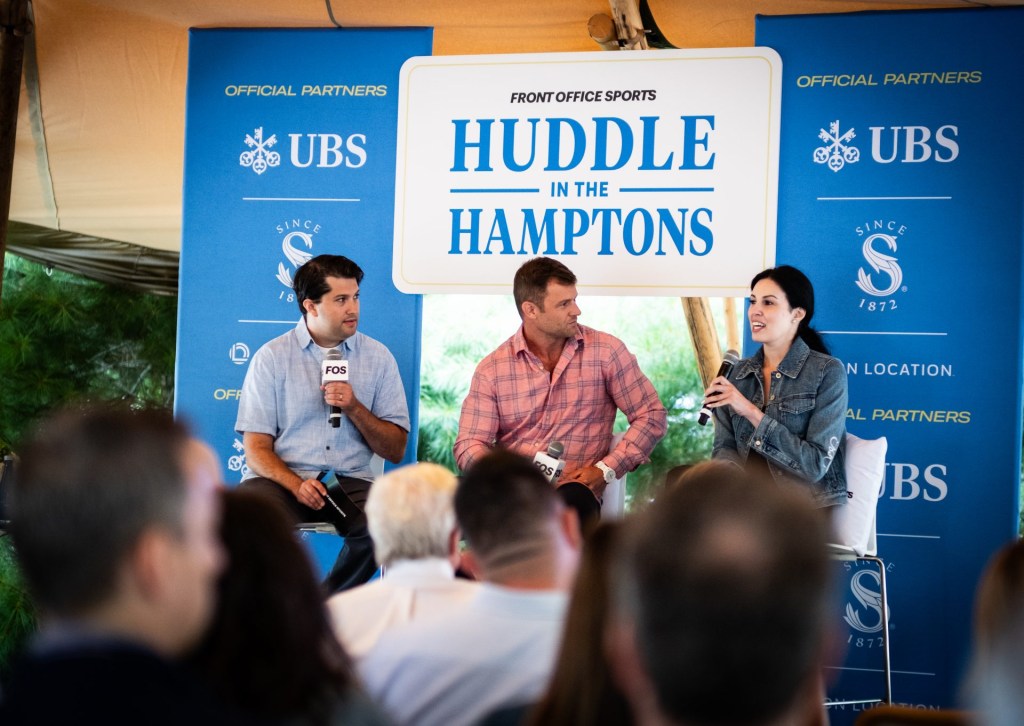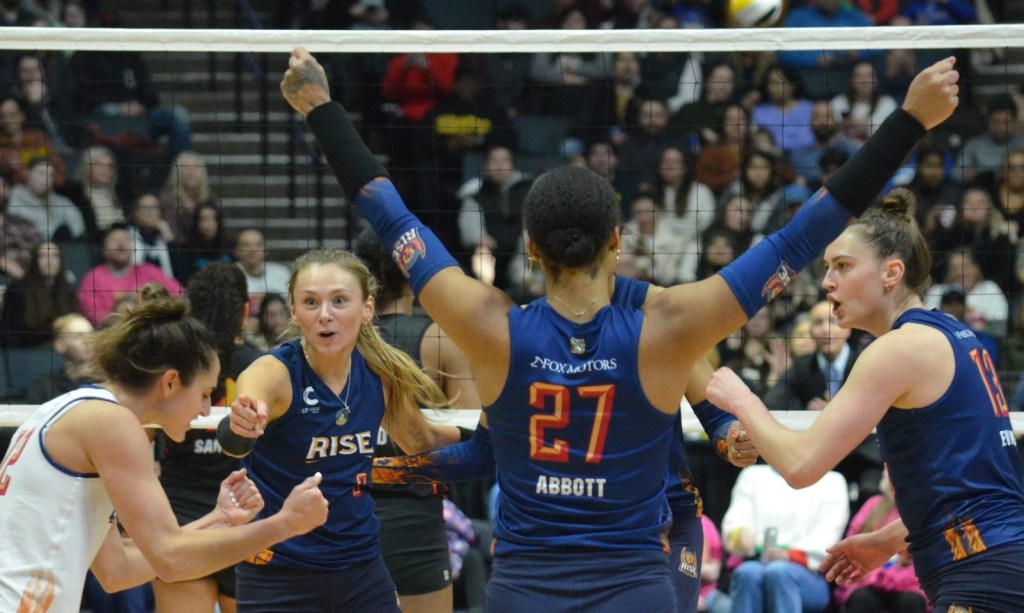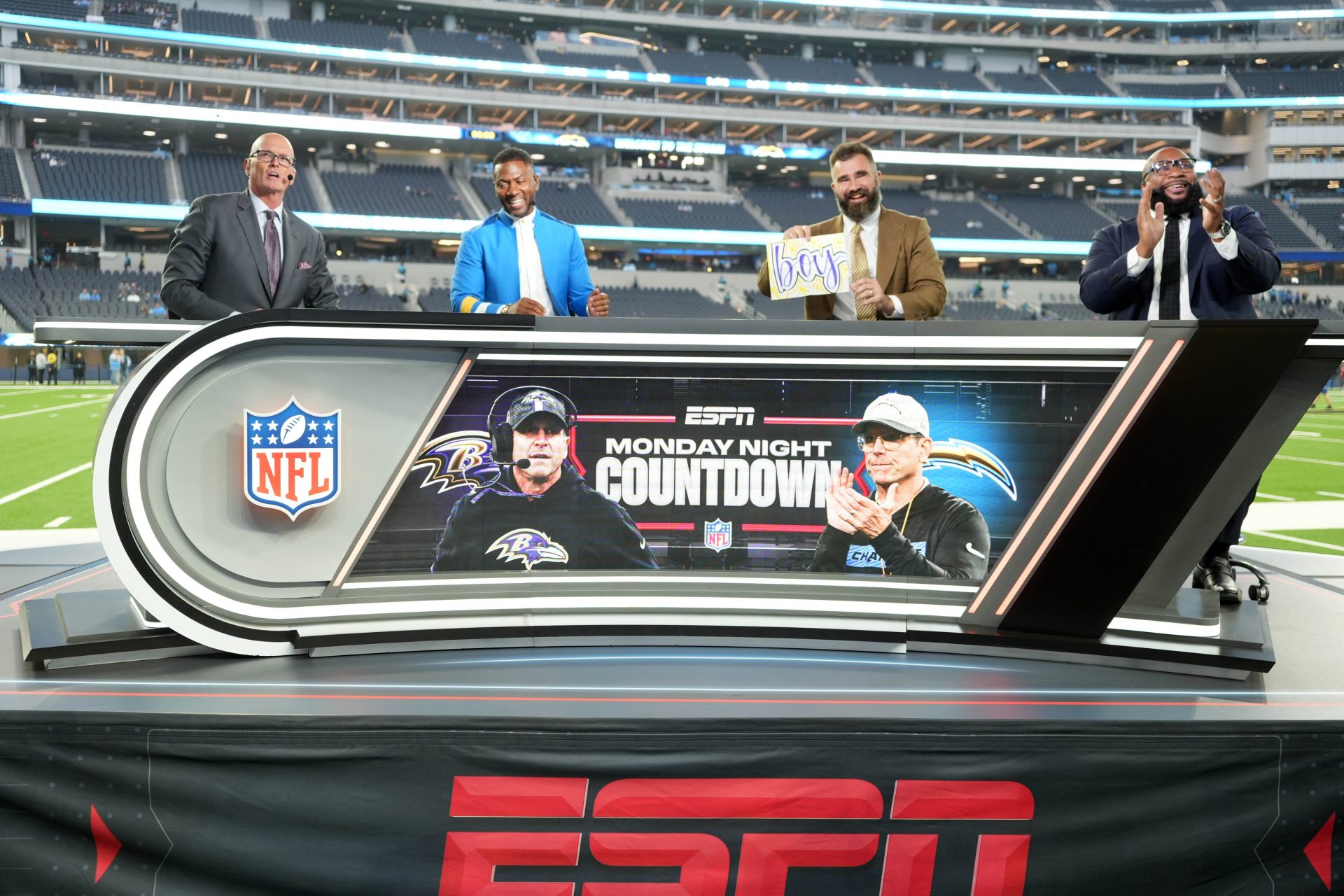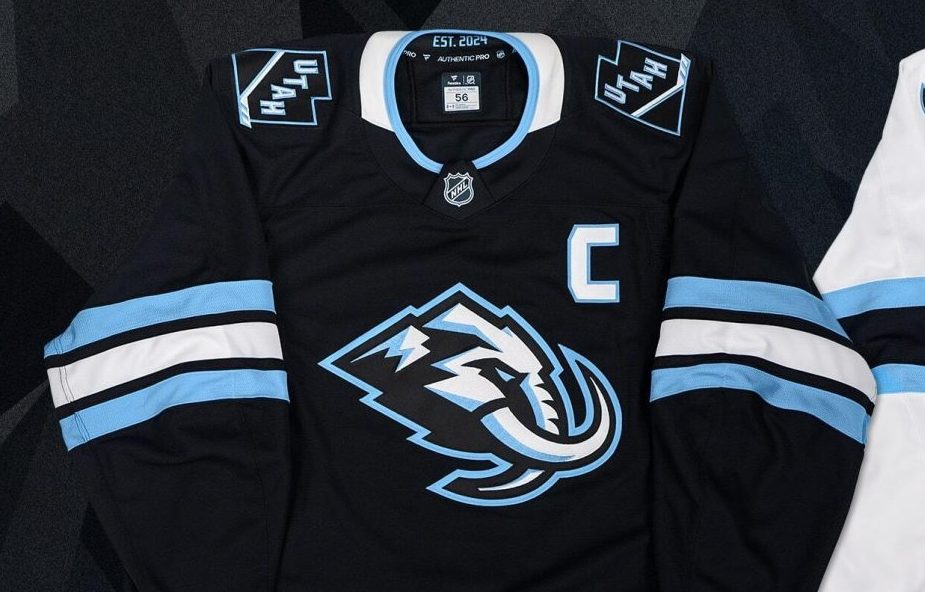College sports is the “new frontier” and private-equity firms are working hard to figure out how to get in, although their entry point remains unclear, partners from RedBird Capital and Carlyle Group told Front Office Sports.
Julia Wittlin, a partner at private-equity firm RedBird Capital Partners, didn’t hold back when asked about PE interest in college sports on a panel at last week’s Huddle in the Hamptons.
“That’s a controversial question,” she said. “Look, I’m just going to say it: College sports is the new frontier. … Everyone is kidding themselves if they think that’s not the direction of travel.”
Private equity has already broken into pro sports and even youth sports. But it has been slow going for PE in college as players and schools figure out the right path. There has been some activity in the space, such as the new $500 million initiative from sports business consultancy Elevate announced in June. And FOS reported in June that Boise State is “actively considering” bringing private-equity investment into the Broncos’ athletic department, with a deal expected within the next six months.
But besides bits and pieces, the floodgates have yet to open.
“The dam will break at some point,” Ben Fund, a partner at Carlyle Group, said on the same FOS panel. “I hope it’s soon, because there’s a huge opportunity to generate returns and, I think, professionalize programs and invest in schools.”
In the wake of the landmark House v. NCAA settlement, which was granted final approval in June, “the reality is that schools need to pay the players, and they also need to think about their own infrastructure,” Wittlin said. There are also “something like” 30-plus college stadiums that need to be refurbished, she added. “Who’s going to pay for that now?”
Fund acknowledged that college sports is an area Carlyle has spent a lot of time thinking about.
“I would say it’s an … academically interesting place to theoretically deploy capital,” he said. “My return on time and legal spend is unbelievably low given we’ve deployed zero dollars and spent many millions of dollars trying to understand the opportunity set.”
Fund added that many people “have spent a lot of time trying to figure it out. Nobody has yet.”
One hurdle is the obvious sensitivities around putting private-equity money into schools, according to Chuck Baker, who co-chairs the entertainment, sports, and media practice of law firm Sidley Austin.
He recently told FOS that while private equity “is excited to get into the college sports sector, university conferences and their boards are being properly diligent.”
“Colleges exist as nonprofit institutions to educate people. That’s their real mission,” he said in June. “As attractive as PE investment may be, universities, conferences, and their boards are being very mindful of not necessarily wanting to be trailblazers in this space.”
Editors’ note: RedBird IMI, in which RedBird Capital Partners is a joint venture partner, is the primary investor in Front Office Sports.







